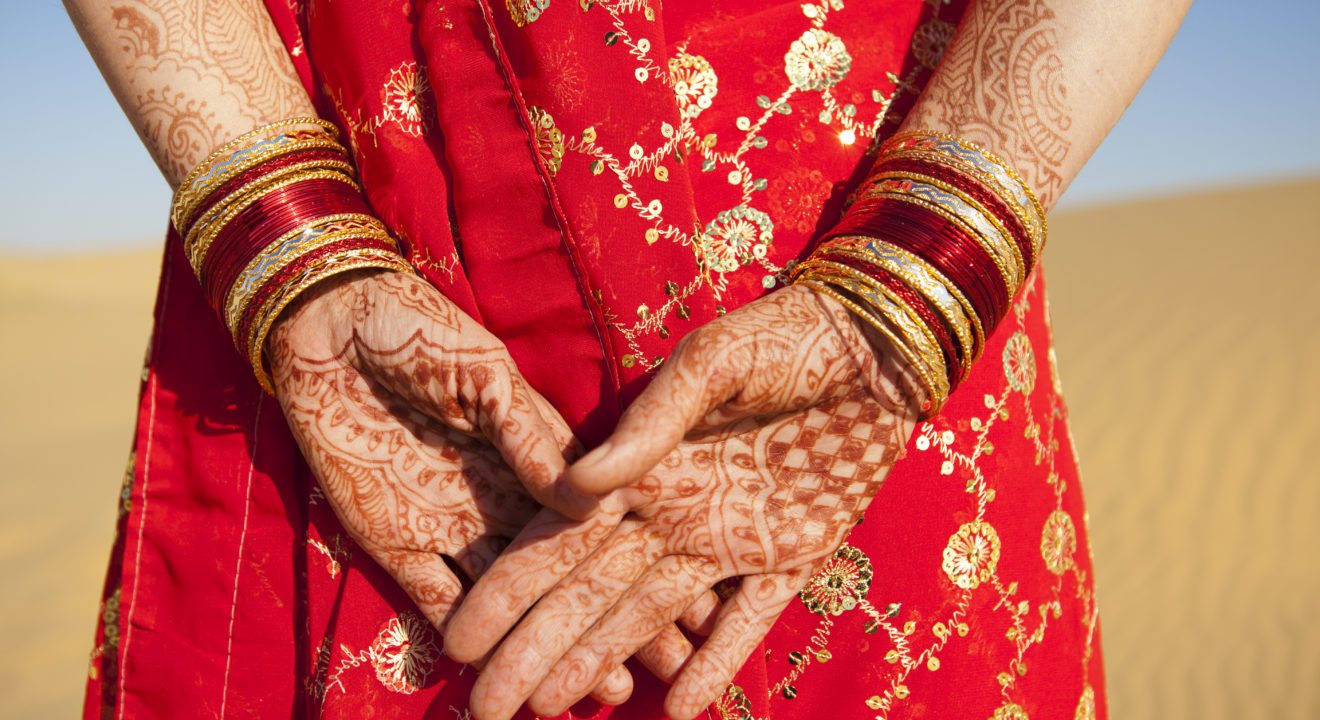Culture October 19, 2016


As a woman, having an unpronounceable name in the United States is both a blessing and curse. It may be unique compared to every other Jessica and Ashley, but sometimes the beauty of it is lost while innocently mangled by American tongues.
A name carries with it an identity, heritage and a history that spans millennia. Our brains are activated when we hear our name. We like hearing the sound; it rings in the air and inspires goosebumps to rise on our skin. It makes us feel important. It’s the difference between a four-star hotel and five-star, where they say “Good Morning, Andrew!” instead of just “Good Morning, sir!”
Growing up with a nine-lettered first name warranted my parents to create “Suthe” as a back-up pet name to make life easier for my grade school teachers. I endured years of Susneha, Sootie, Zootie, Soothayy, Sushi (yes, someone actually called me Sushi) and a dozen other nicknames.
There are too many different versions of my name to count, but I always knew what my parents called me was the form truest to its roots. My name originates from the Indus Valley, present day India. It is a Hindu name seen in the “Mahabharata,” the first installment in a major Sanskrit epic about Ancient India. Following Kerala tradition, my father whispered my name into my ear three times the moment I was born.
I disliked my name growing up; it spoke too loud for my meek young self. I wanted to tame it, settle with a quieter Amanda or Emily – names that didn’t draw too much attention. Over time, however, and once I understood its significance, my name became my source of pride. Nothing rings more dulcet than the sound of my parents calling me. They are the source of my title, breathing more life into it every time they utter “Sutheshna.”
Experiencing life in the United States with a name like ‘Sutheshna Sreelatha Mani’ made me appreciate the value of saying a name correctly. It was not only a challenge for my tongue, but it was also a gateway conversation to understanding a person’s cultural roots and his or her mother tongue. When you come across a difficult name, don’t settle for a nickname. Challenge yourself to say it as accurately as possible. It won’t be 100 percent right, but showing effort to learn someone’s name is something people from diverse walks of life appreciate.
Where does your name originate? Tell us the meaning and proper pronunciation of your name in the comments or tweet us @entity_mag!